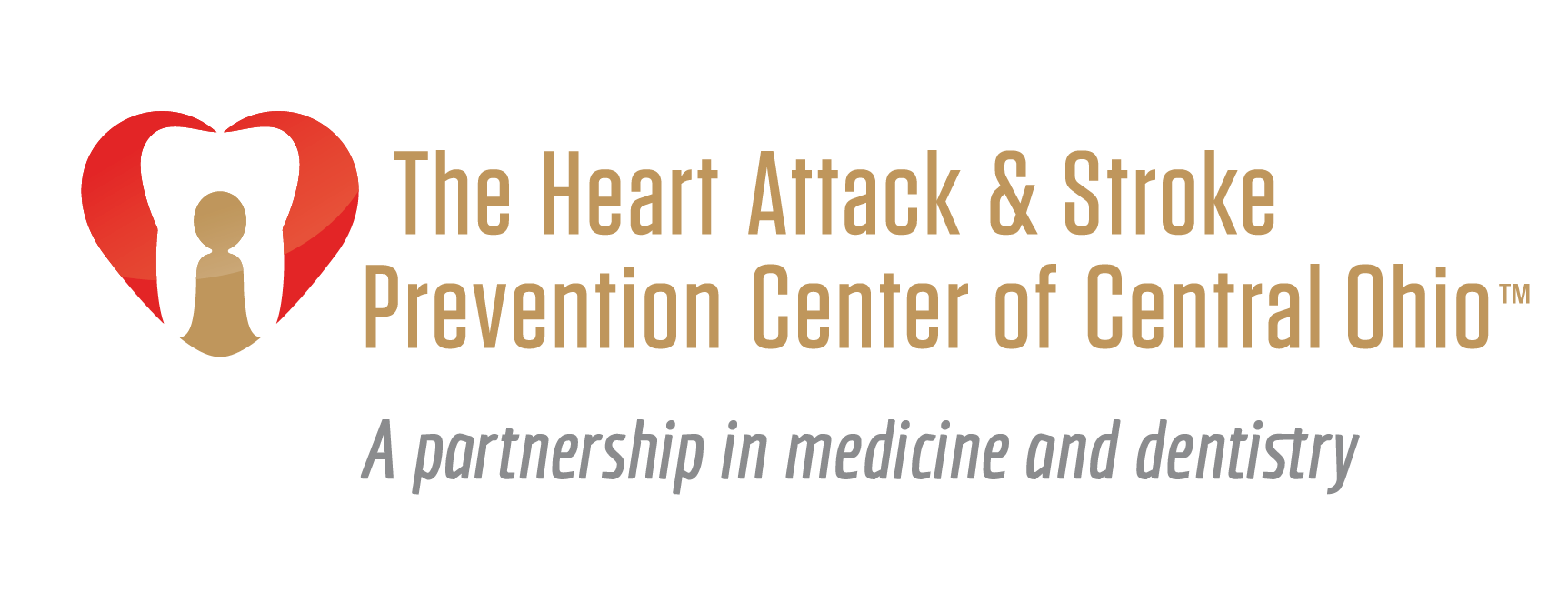Heart Talk - July 2017
- Eric Goulder, MD, FACC
- Jun 30, 2017
- 3 min read
5 Natural Ways to Sleep Better
Heart-healthy and Stroke-free Living with Eric A. Goulder, MD, FACC

This article will put to you to sleep — if you follow our expert tips. And here’s why you need these shut-eye strategies now. Americans have never been more fatigued. More than one-third of US adults routinely sleep fewer than seven hours a night, according to the CDC. That’s alarming since skimping on slumber raises risk for cardiovascular disease (CVD), the leading killer of Americans, and also elevates risk for diabetes, obesity and depression.
What’s the solution? Simple strategies can powerfully improve your sleep — without pills. Here are five natural, science-backed ways to get the healthy rest you need for optimal heart health.
FOLLOW A CONSISTENT SLEEP SCHEDULE — EVEN ON WEEKENDS.
A new study links “social jet lag”— going to bed and waking up later on weekends than you do during the week--to poorer health, compared to having a consistent bedtime and wake-up time. The researchers reported that for each hour of social jet lag, risk for CVD rises by 11%. “The results show that sleep regularity, beyond sleep duration alone, plays a significant role in our health,” says lead study author Sierra B. Forbush. The findings suggest that a regular sleep schedule can be an easy, effective and natural way to avoid heart attacks and stroke. The BaleDoneen Method recommends 7 to 8 hours of sleep a night.
EXERCISE REGULARLY.
Studies show that working out several times a week not only helps ward off insomnia, but can also improve sleep quality, while greatly reducing your risk for CVD, type 2 diabetes, high blood pressure and obesity. A recent analysis of studies found that exercise reduced sleep apnea symptoms by 20%. The BaleDoneen Method recommends at least 22 minutes of aerobic exercise daily, such as brisk walking, biking, or jogging. Before starting a new exercise regimen, check with your medical provider to make sure it’s right for you.
LIMIT CAFFEINE, ESPECIALLY IN THE EVENING.
The average American drinks at least three caffeinated beverages a day, a habit that contributes to sleepless nights. And while you may feel that a glass or two of wine will help you nod off, alcohol actually impairs rest in a variety of ways, including adversely affecting REM sleep, making slumber less refreshing. Instead, sip chamomile tea — research shows that the fragrant herbal brew can help you settle down for slumber by soothing the nerves and easing anxiety.
MAKE YOUR BEDROOM A SANCTUARY FOR SLEEP.
Your bed should only be used for two things: slumber and sex. Keep your bedroom comfortably cool, which promotes better shuteye than a warm or hot room, and free of any reminders of work, which can make you feel too stressed to relax. Also cover your clock: Sleep researchers report that clock-watching creates anxiety and can worsen insomnia. Turn your alarm clock’s face to the wall or hide it under the bed.
GO OFF THE GRID.
One hour before bedtime, dim the lights and sign off from technology use. The bright light from small and big screens as you surf the Web, watch TV, or check emails on your mobile device stimulates the brain, instead of allowing it to slow down for shuteye. To help you relax, try taking a warm bath before bed. Some studies show that the slight change in body temperature after a bath serves as a natural cue that it’s time to sleep.
Read the Full Newsletter!
